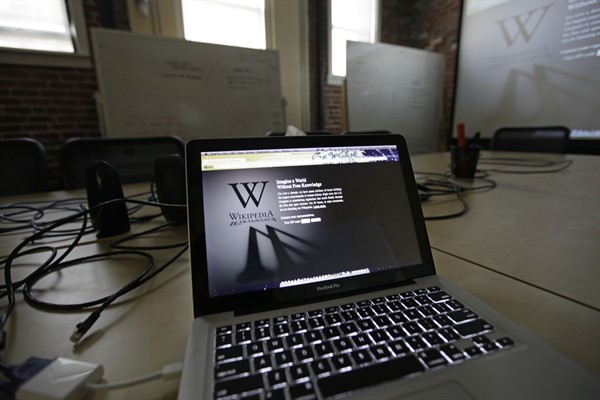Last week, Maggie Dennis, Wikimedia’s vice president of community resilience & sustainability, announced that it had removed seven Chinese nationals as editors on Wikipedia, following a year-long investigation into “the unrecognized group Wikimedians of Mainland China.” The internal investigation by Wikipedia’s parent organization uncovered evidence of “infiltration” resulting in members of the platform’s editorial community facing the risk of physical harm and other threats to their safety. Though Wikipedia is banned in mainland China, there have been press reports of hotly contested “edit wars” relating to political content on the Hong Kong pro-democracy movement and the status of Taiwan.
The episode reignites uncomfortable debates about whether Wikipedia’s arcane, male-dominated editorial processes are fit to meet future challenges, not least the growing reliance of artificial intelligence algorithms on Wikipedia content for bulk training data. It also provides a case study on the ease with which open processes can be exploited by adversaries who do not share the founders’ values.
The top-down, secretive decision to remove the editors is not what we’ve come to expect of the hyper-transparent Wikipedia. But when its chivalric ideals of open processes and free speech resulted in threats of extortion and the real risk of physical harm to its user community, decisive action was clearly needed. The length and complexity of Dennis’ statement speaks to the deep discomfort the episode provoked for a community that has until now successfully managed to avoid the kinds of controversies over disinformation and online content moderation that have recently beset advertising-funded online platforms like Facebook.

